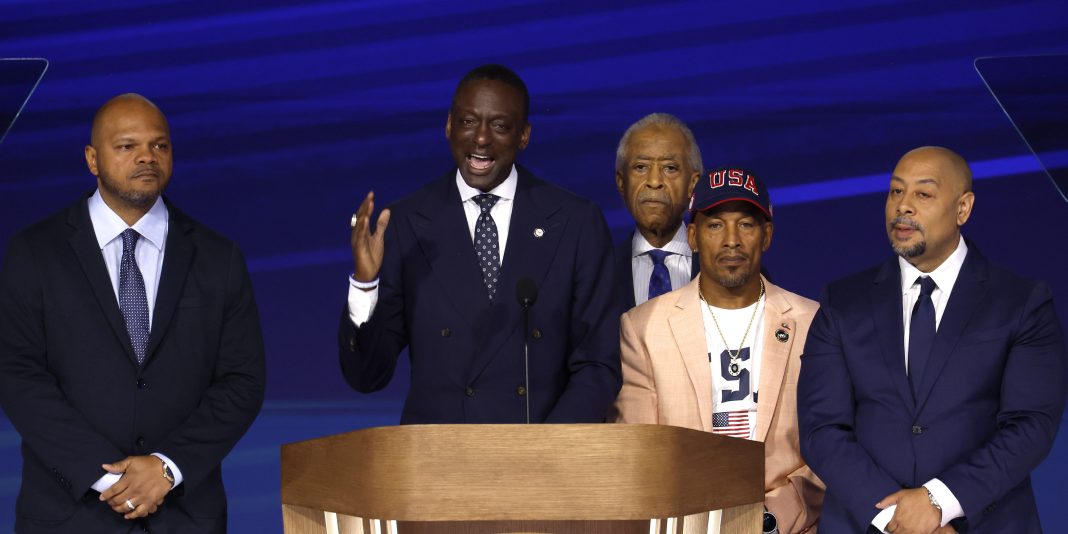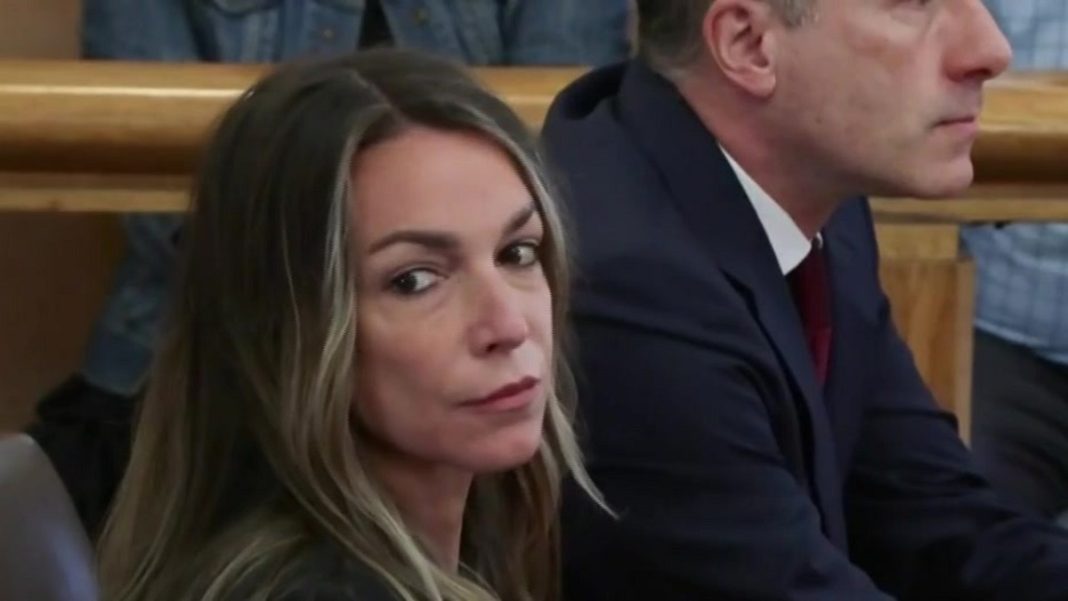On a somber Tuesday evening, Missouri prison officials executed Marcellus “Khaliifah” Williams, a man who maintained his innocence in the murder of Felicia Anne Gayle Picus, a former newspaper reporter, back in 1998. The execution, which has sparked outrage and debate, unfolded despite significant opposition from both the victim’s family and legal advocates who questioned the integrity of the conviction.
Felicia Picus was brutally stabbed to death in her suburban St. Louis home, a crime that has haunted her family for decades. Yet, in a surprising twist, her husband, Dan Picus, publicly expressed his belief in Williams’s guilt but opposed the death penalty, stating that he did not wish to see Williams executed. This sentiment echoed the growing concerns about the death penalty in the United States, where public support has been steadily declining. According to a recent Gallup poll, support for capital punishment has dropped to its lowest level in nearly 50 years, with many Americans advocating for alternatives to execution.
The path to Williams’s execution was fraught with controversy. In August, a St. Louis County Circuit Court judge approved a deal that would have resentenced Williams to life in prison, a move supported by the county’s prosecuting attorney, Wesley Bell. However, Missouri Attorney General Andrew Bailey intervened, dismissing the deal and insisting on the execution. This intervention raises critical questions about the role of state officials in capital punishment cases, especially when evidence of potential wrongful conviction emerges.
The U.S. Supreme Court declined to intervene in the case, despite dissent from three justices who expressed concern over the fairness of the trial. This decision came as Missouri prepared to reach a grim milestone: the 1,600th execution since the death penalty was reinstated in 1976. With four states planning executions in the same week, the nation appears to be at a crossroads regarding its approach to capital punishment.
In the days leading up to the execution, over a million people reached out to Governor Mike Parson’s office, pleading for clemency. Even billionaire Richard Branson took out a full-page ad urging the public to advocate for Williams’s life. Yet, Parson dismissed these appeals, criticizing the media for what he perceived as bias and asserting that the facts of the case did not support claims of innocence.
The trial itself was marred by serious procedural issues. Wesley Bell highlighted significant flaws, including the mishandling of the murder weapon by the prosecutor, Keith Larner, who admitted to contaminating evidence by handling it without gloves. This negligence not only tainted the evidence but also precluded the possibility of extracting DNA that could have identified the real perpetrator. Furthermore, Bell pointed out that Larner’s jury selection process was racially biased, as he struck six out of seven Black potential jurors from the pool, a practice deemed unconstitutional by the U.S. Supreme Court.
Despite these revelations, Bailey has consistently defended the conviction, framing his actions as a pursuit of justice. He accused Williams and his legal team of misleading the public, asserting that their efforts to challenge the conviction were unfounded. This stance reflects a broader trend among some state officials who prioritize the finality of convictions over the pursuit of truth and fairness, a sentiment echoed by Judge Jane Kelly of the 8th U.S. Circuit Court of Appeals. In a concurring opinion, she expressed concern that the rigid application of procedural rules often overshadows the need for justice and fairness in the legal system.
The execution of Marcellus Williams has ignited a firestorm of criticism and reflection on the death penalty in America. As the nation grapples with the implications of state-sanctioned killing, the case serves as a stark reminder of the potential for wrongful convictions and the systemic flaws that can lead to irreversible consequences. The voices of those advocating for reform, including legal experts and human rights advocates, are growing louder, urging a reevaluation of capital punishment in light of its moral and ethical implications.
In the wake of Williams’s execution, attorney Larry Komp articulated the profound sense of injustice felt by many: “It is hard to explain how admitted racial discrimination is ignored and never meaningfully addressed.” His words resonate with a growing movement that seeks to ensure that the legal system prioritizes truth and fairness over the finality of convictions. As the debate continues, the case of Marcellus Williams stands as a poignant example of the urgent need for reform in the American justice system.


